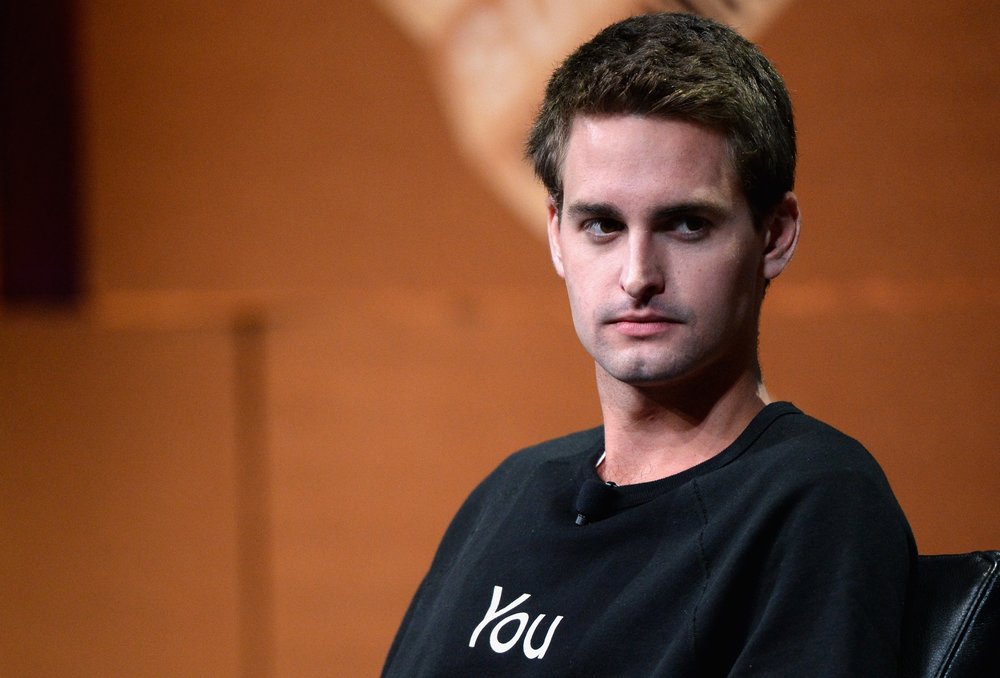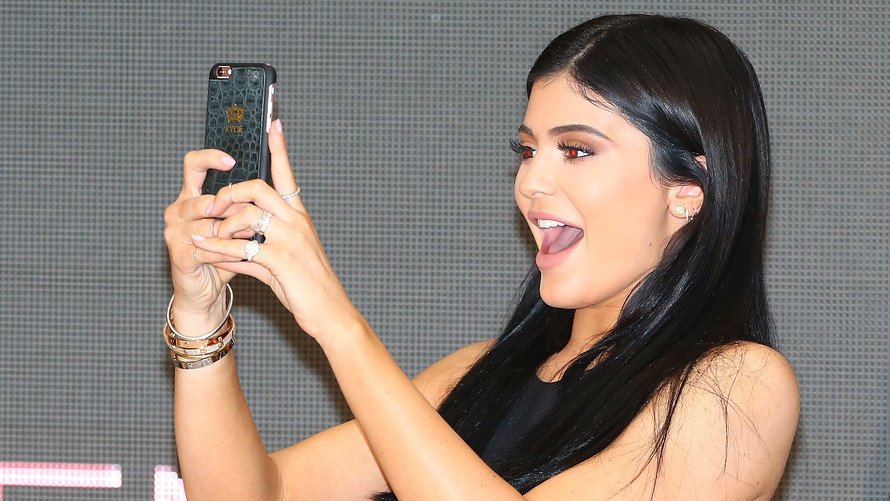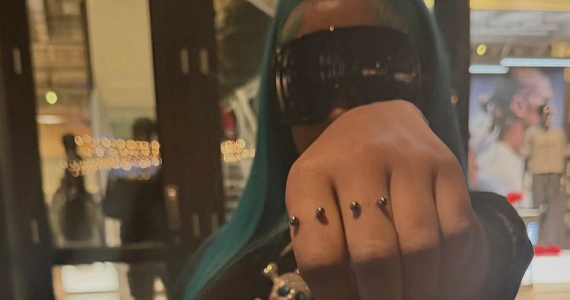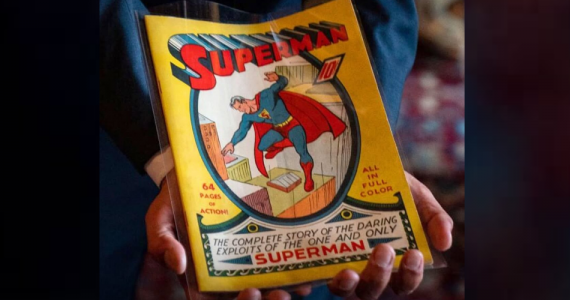Evan Spiegel, co-founder of the widely famous app Snapchat, reached his success by believing in his vision and not paying attention to others’ criticism. The initial design of the app faced numerous changes ever since its launch. However, despite the negative comments and threats of people no longer using the app post the redesigns, the user base consistently increased, making Snapchat one of the most profitable apps.
Spiegel believed in it so much, that he managed to shock bystanders of the industry when he said no to an offer by Facebook. Zuckerberg had wanted to buy the app for $3 billion in 2013, but Spiegel had refused. He continued running the app and raised its worth to double the amount until most recently it went public last year.
Spiegel may believe in his app, but other, more influential personas of the internet may not. The most recent attention to Snapchat has been brought by reality TV star, the famous Kylie Jenner.

She went on to tweet about the newest app redesign, claiming she no longer even opens the app as it confuses her. One could spot the pity felt by the star when she posted the tweet.
sooo does anyone else not open Snapchat anymore? Or is it just me… ugh this is so sad.
— Kylie Jenner (@KylieJenner) February 21, 2018
The discontent with this update is not new though, as many users have been posting their negative opinions on it. From confusion to utter dislike, the app faces a loss of users by switching to their main rival – Instagram. But shockingly, Kylie’s sole tweet has caused the app major losses.
The parent company’s stocks suffered a 6% decrease right after the tweet, which equals to $1.3 billion in market value. The loss of such an influential figure will certainly damage the company further, as she has the potential to encourage other users to switch to another app.

The reason behind the dislike is the outline of the content in the app. The redesign was certainly thoughtful, as it divides friends from public figures, in an attempt to make it easier for the user to differentiate.
However, it has managed to confuse the users as it also changed the personal story settings. The dissatisfaction subsequently brought along negative reviews to the app which initiated analyst Mark May at Citi to downgrade the stock. May claimed that this redesign could be seen to bring positive long-term benefits, however, the reviews have been outrageous and the company can not take the risk.
The dissatisfaction also led to the signing of an online petition, where users appeal to Snapchat to remove the update due to its difficulty.
Backlashes are way too common in this industry
This backlash faced by Snapchat sounds all too familiar with other app cases. In 2006, about 1 million Facebook users (out of 8 million at the time) had joined a group protest against the introduction of News Feed.
When Twitter attempted to shift their content from being chronologically ordered timeline to an algorithmically ordered one, users including many celebrities were complaining and even posting tweets using the #RIPTwitter.
This case also resulted in stock decreases. However, all these other companies went through these struggles but did not change their plans. On the contrary, it was somewhat of a passage to success, as pushing their plans forward was central to the success enjoyed today.
Zuckerberg pridefully accepted their incompliance with customer requests at the News Feed 10 year anniversary, by making it clear Facebook is a company who believes in their vision and long-term strategies.
He told the press he is most proud of believing in his team and that they are willing to bet on their vision, in order to help the Facebook community in the future. Similarly, the backlash concerning Snapchat brings Spiegel to a critical decision.
It could very well define the company by bringing further success after this hurdle is jumped, as users tend to get used and even prefer the updates after some time. After all, it’s old news that people are reluctant to change.

Spiegel’s app users are not as loyal as Facebook users have shown to be, and the company has had a particularly difficult first year. Snapchat had just started to be noticed on Wall Street whose earnings exceeded expectations the past month, right before the backlash surfaced to decrease the IPO price.
In addition, apps like Facebook and Twitter are unique in the value they provide to their user base. The birthday option alone may keep people’s accounts alive, despite their unliking of some other features. Similarly, Twitter’s fame for posting content revealing the latest news keeps the fans interested. But for Snapchat, the app Instagram is almost a complete clone.
Users were in disbelief when Instagram added the Story feature which is almost entirely the same. This goes to show the threat faced by Snapchat, which could only result in making Instagram more famous.
Complaints from users were even funny at times, with one posting online how they used to feel celebrities were his friends, but with the redesign of the app that feeling is gone. This comment seems to have struck out to Spiegel and validated his intentions as he replied by saying that was the exact purpose, celebrities can’t be everybody’s friends.
While he may have felt confident in the beginning, later on, the company acknowledged the flaws and confusion experienced by the users. It had promised they would make changes, but not exactly undo the redesign altogether.

Such backlashes usually fade away quickly, a fact also supported by Ryan Detert who runs a marketing platform which finds social media influences for promoting products on apps like Snapchat and Instagram. He also brought light to the fact that this one has lasted longer than previously expected, and how this isn’t good news for Snapchat.





